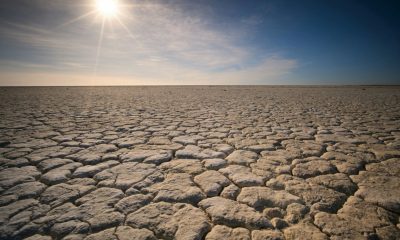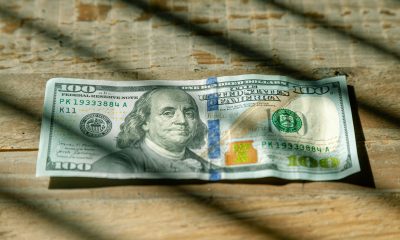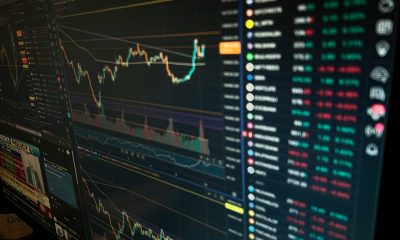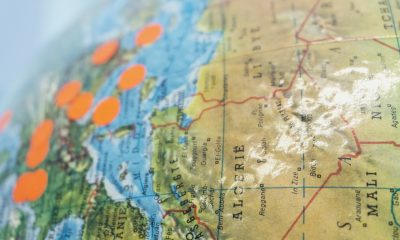Africa
Africa’s common currency dream nears homestretch
The Economic Community of West African States (Ecowas) opens talks on creating a common currency for the bloc, a debate that started two decades ago.
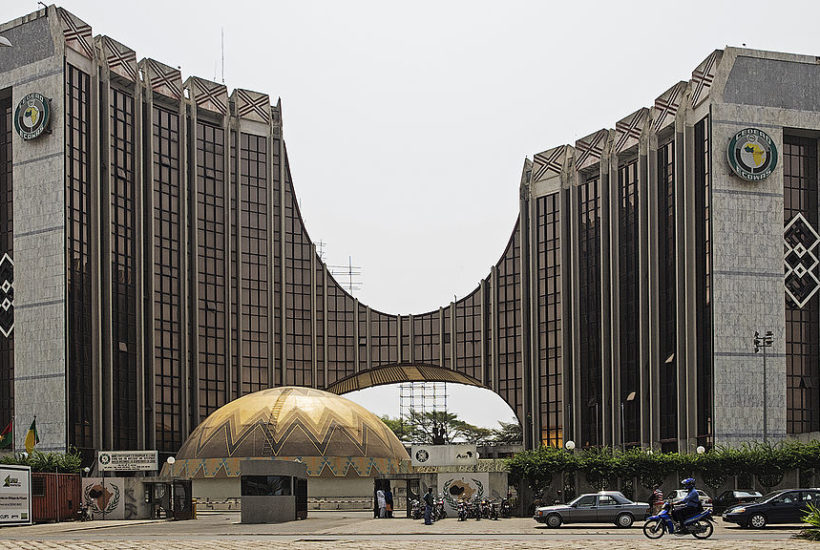
The Economic Community of West African States (Ecowas) is taking another shot at creating a common currency for the bloc. The 15 English and French-speaking countries started the common currency debate about two decades ago.
Since the year 2000, when the idea was conceived, implementation has been postponed several times from the first deadline in 2003. It was then called off to 2005, 2010 and 2014 before the current timeline set for 2020.
The previous attempts have been futile, which reflects how the whole process is not a walk in the park. The current target eyes to establish the common currency for the bloc by 2020. This time around Ecowas is closer to getting home with the achievement.
The recent roadmap agreed upon by the bloc’s finance ministers and central bank governors is a positive indicator that the currency could get the green light.
If the bloc succeeds in forming the monetary union, it will go a long way in improving trade, by reducing trade barriers. This will help develop the economy of member states. It will build a stronger bond in the bloc which currently enjoys free movement of goods and persons. The process has steps that need to be followed before the currency gets established.
Challenging criteria an impediment
In 2018, Nigeria’s Foreign Minister, Geoffrey Onyeama talked of the criteria that have to be satisfied before the single shared currency is achieved. The recent roadmap agreed upon takes into account the technical issues that are involved in the process. These technical issues include the exchange rate regime and a monetary-policy framework.
In March 2019, the President of Ecowas commission, Jean-Claude Kassi Brou highlighted some of the challenges barring the implementation of the single currency. His view on barriers included lack of harmony of macroeconomic policies and sustainable compliance with the convergence criteria, lack of an agreement regarding the choice of monetary policy, absence of a harmonious exchange regime and the need for a central banking model for the bloc.
The convergence criteria seem to be a major impediment for the establishment of a monetary union. The West African Monetary Institute (WAMI) developed the convergence criteria. It is a set of ten requirements that are mandatory for member countries to accomplish.
Some of the bars set by the criteria could be too high for individual member countries.
The first requirement is that members should meet a single digit inflation rate every year. Worse yet, the inflation rate should be five percent and below. To show how the requirement is a hard target, Nigeria’s latest inflation data shows it slightly rose to 11.40 percent in May 2019. It is way above the stipulated requirement. Between 1996 and 2019, Nigeria’s inflation rate averaged 12.45 percent. If the country needs to be part of the monetary union, it needs to get the inflation rate decreasing.
The second one is a requirement that member countries should have a fiscal budget deficit to GDP ratio of 4 percent or lower. Ghana which is a member of the Ecowas reported the 2018 fiscal deficit at 7 percent. To meet the criteria, the nation needs to lower the ratio.
The stipulated requirements could be locking more countries out. If the commission working towards the establishment of the monetary union could review the criteria, it would make suitable adjustments.
Once created, the currency will require a common symbol which calls for a convergence of ideas. The monetary policy that will be put in place will also require the bank model to be structured in a manner that will make it possible to handle the new currency.
Homestretch to success with the common currency
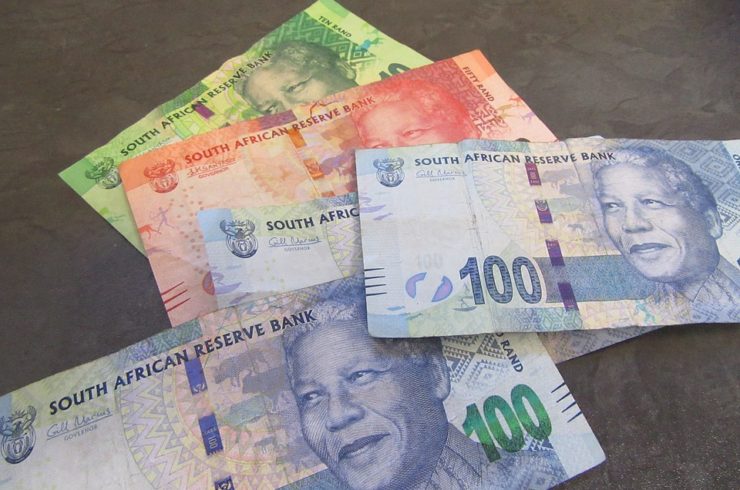
The ambition for a common currency in the Ecowas sparks from the need to streamline trade in the bloc. The regional bloc is not taking a wrong path, as the African Union (AU) is thinking of making a single currency for the continent. The AU believes it would help accelerate the economic integration of African countries.
The common currency would help to avert the inconsistency experienced by currency prices in the forex market, and in some cases the presence of currencies which cannot be converted. The challenges make the need to exchange currencies cumbersome, especially, when a trader in the region seeks to make profits. The common currency, once issued would make it efficient for the member states to trade with each other.
The current achievements as presented by the different sessions Ecowas has already held, breathes hope for the region. The two-decade mission could finally be accomplished. The determination by members of Ecowas, together with support from multilateral and bilateral parties will soon see the currency become a reality.
In the case that any barriers arising from the convergence criteria continue to dim the dream, Ecowas leaders could find a way to mitigate the challenge by making amendments which loosen the conditions. This would help quicken the process of creating a common West African currency.
The latest roadmap awaits a review by heads of member states before its draft report could be adopted.
(Featured image by Willem Heerbaart via Wikimedia Commons. CC BY 2.0)

-

 Crypto5 days ago
Crypto5 days agoXRP vs. Litecoin: The Race for the Next Crypto ETF Heats Up
-

 Biotech2 weeks ago
Biotech2 weeks agoVytrus Biotech Marks Historic 2024 with Sustainability Milestones and 35% Revenue Growth
-

 Biotech2 days ago
Biotech2 days agoSpain Invests €126.9M in Groundbreaking EU Health Innovation Project Med4Cure
-

 Crypto1 week ago
Crypto1 week agoRipple Launches EVM Sidechain to Boost XRP in DeFi
